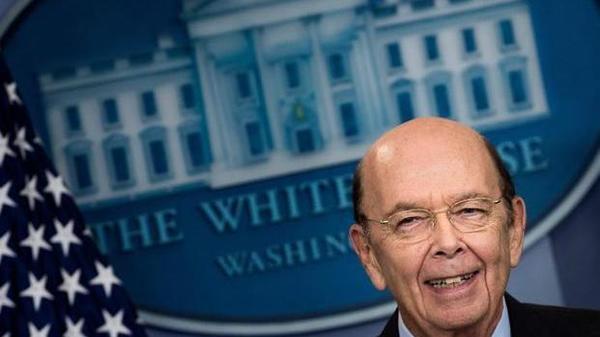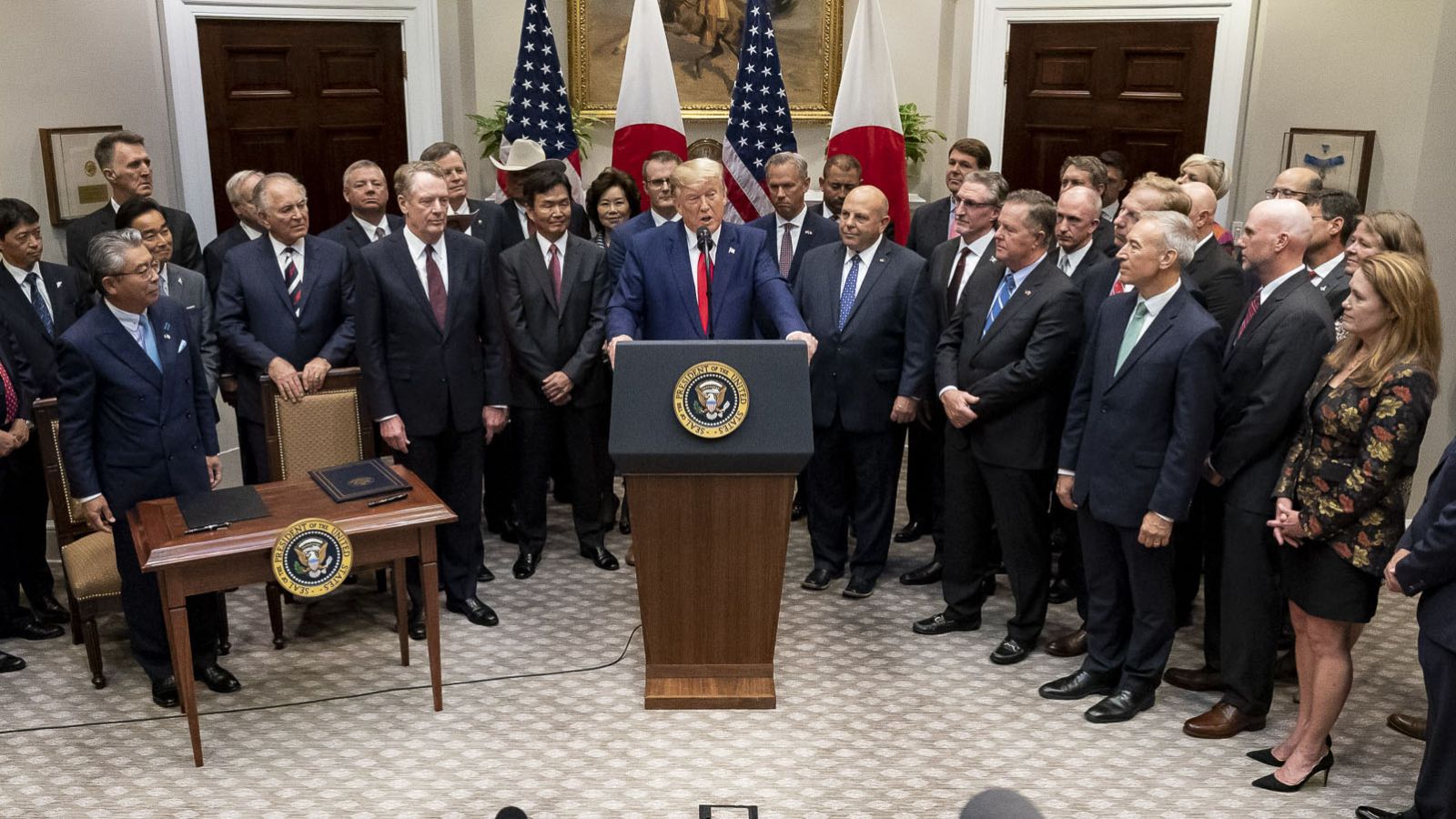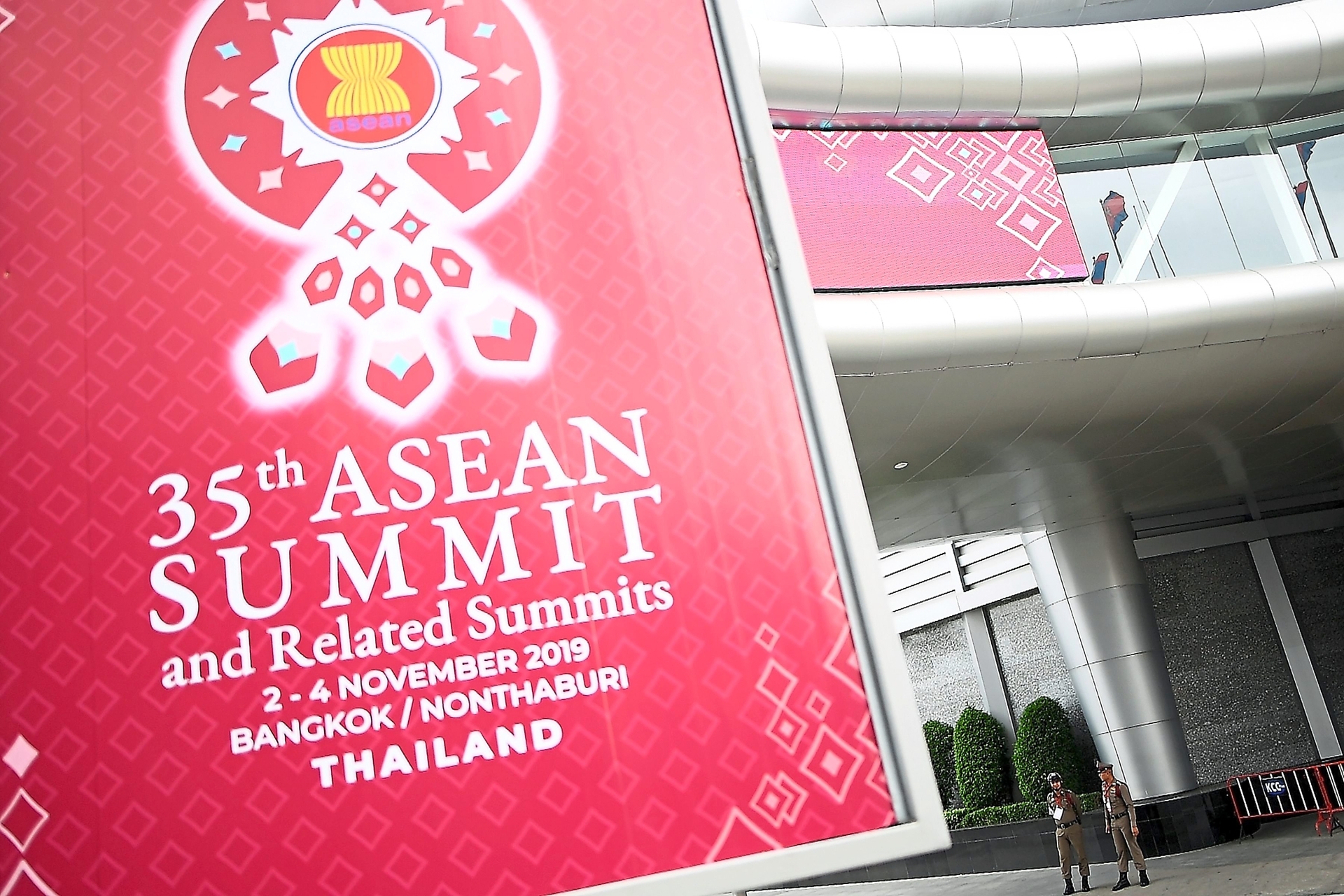By: James Robert Haft

After President Trump’s announcement on 26 October that the US will suspend Thailand’s General System of Preferences, or duty-free trade, on USD1.3 billion of Thai imports because of the country’s failure to protect labour rights, the Thai Ministry of Commerce is hoping to discuss this with US representatives.

Hopefully, this will come up in discussions with US Commerce Secretary Wilbur Ross, who is leading a trade delegation to participate in meetings associated with the ASEAN Summit, which he is attending 2 to 4 November.

The suspension, which will not come into effect for six months on 25April, focuses on products that are important to Thailand, particularly all seafood products, but make up a very small share of the US imports, according to a US Trade Representative (USTR) statement.
The statement said the reason for revoking GSP privileges is due to Thailand’s failure to protect workers’ rights in the fisheries industry.
This is after the European Commission lifted its threat to ban Thai seafood following Prime Minister Prayut Chan-o-cha taking steps to establish rules and enforcement to stop unregulated fishing and forced labour.
Some believe the US announcement came in retaliation for Thailand banning three farming chemicals because of their health risks - paraquat, chlorpyrifos and glyphosate. The latter of these, glyphosate, is produced by Monsanto, a US subsidiary of the German pharmaceutical conglomerate Bayer.
Leaked letters to the Thai government from the US Department of Agriculture and its representative at the US Embassy in Bangkok asked the Thai government to review the ban as they say the dangers have been exaggerated and it could affect certain US exports to Thailand.
Furthermore, the current free trade covered by GSP privileges is valued at USD4.5 billion, while Thailand’s trade surplus with the US is USD19 billion, which is close to the USD20 billion limit.
When trade deficits with trading partners do get high, the US government can unilaterally terminate GSP benefits as well.
In addition, Thailand’s current account surplus at the end of 2018 was recorded at over 7% of the country’s GDP, which is well over the 2% limit set by the US Treasury Department.
Thailand has been the second biggest recipient of the General System of Preferences benefits after India, which lost its status as a beneficiary developing nation this past May.
GSP privileges for Thai exports cover a wide range of products from electrical appliances, electronics and machinery to food and agriculture. Even more of these could be in jeopardy of losing this status as the USTR accepted petitions to review Thailand’s GSP eligibility from the American Federation of Labour and Congress of Industrial Organizations (AFL-CIO) and the National Pork Producers Council.
Thailand ranks twentieth among US trading partners with two-way trade totalling USD44.5 billion.
With its loss of some GSP benefits, the effects of the US-China trade war, the strong baht and global economic trends, Thai exports could remain flat or even contract for the first time in four years several economic think tanks have warned.





















































































































































































































































































































































































































































































































































































































































































































































































































